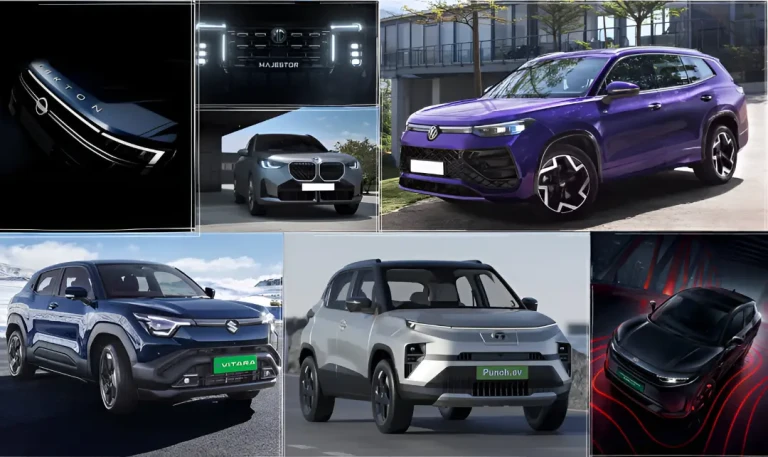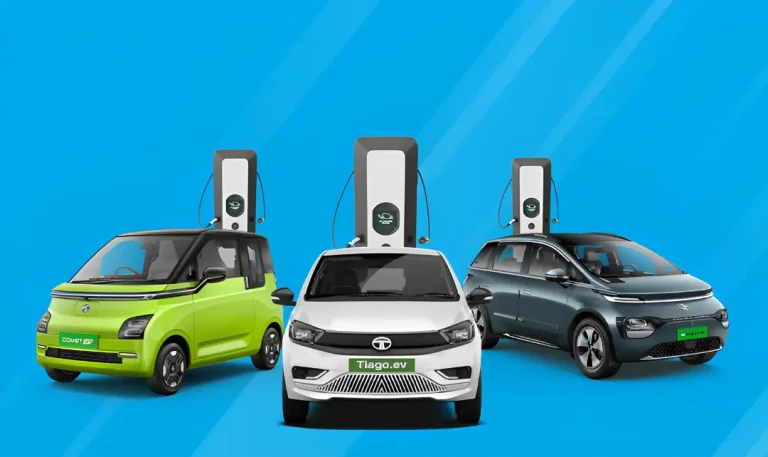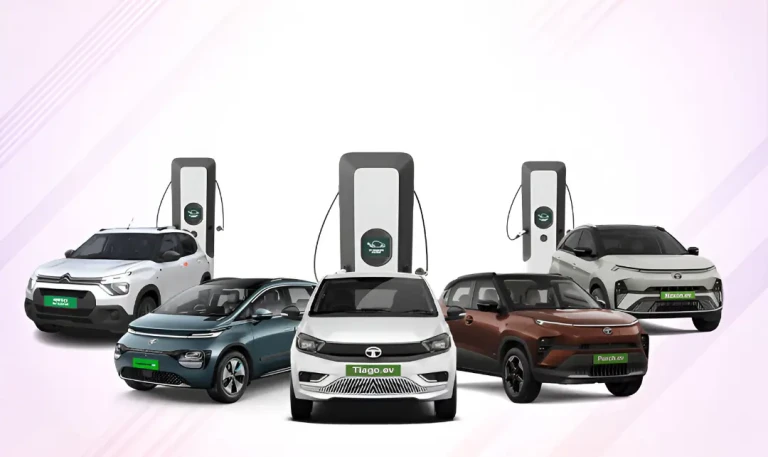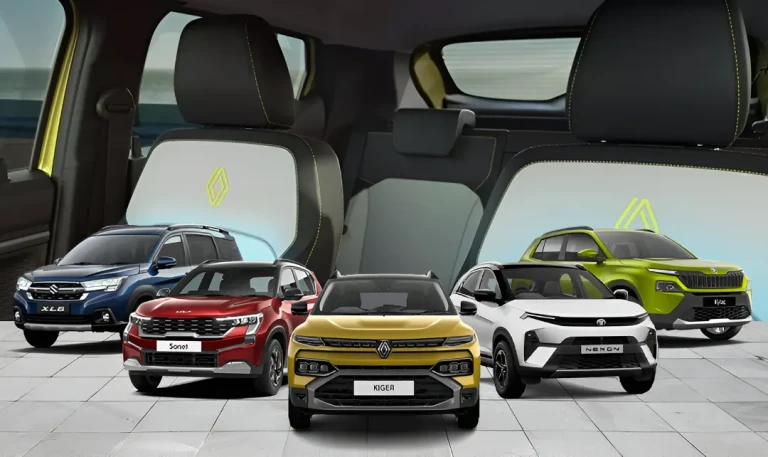India’s EV Revolution Sparks a New Era of Sustainable Transportation
28 May 2025, 04:53 PM
870

India’s government is paving the way for a transformative electric vehicle (EV) revolution with updated policy measures and attractive financial incentives.
The latest initiatives are designed to amplify local battery production, cut reliance on imported lithium-ion cells, and expand the EV market rapidly in Bharat.
This comprehensive drive—including frameworks such as the FAME-II Scheme—aims to modernize electric mobility nationwide.
Catch the latest launches and updates on CarOnPhone!
Robust Policy Collaborations
Government agencies have partnered with industry leaders to design policies that address cutting-edge battery chemistry and phased production programs.
The updated framework builds on earlier initiatives like the FAME-II Scheme, which boosted EV adoption in previous phases.
Simultaneously, extensive investments in public EV charging infrastructure are enhancing the nation’s sustainable transportation framework.
Transforming Battery Technology

At the heart of the strategy lies a renewed focus on battery technology innovation. Manufacturers are encouraged to invest in research and development to boost energy efficiency, extend battery life, and drive down overall costs.
This emphasis on advanced battery cells solidifies India’s emerging role as a hub for electric mobility and eco-friendly energy solutions.
Detailed Incentive Framework and Technical Specifications
Targeted financial incentives now span several vehicle categories, including two- and three-wheelers, four-wheelers, e-buses, and e-trucks. These incentives are allocated per kilowatt-hour to ensure clear, measurable benefits.
| Vehicle Segment | Battery Capacity (kWh) | Incentive (INR per kWh) | Maximum Incentive (%) |
|---|---|---|---|
| Two-Wheeler | Up to 2 kWh | Rs 15,000 | 40% |
| Three-Wheeler | Up to 5 kWh | Rs 10,000 | per kWh basis |
| Four-Wheeler | Up to 15 kWh | Rs 10,000 | per kWh basis |
| E-Bus | Up to 250 kWh | Rs 20,000 | per kWh basis |
| E-Truck | As specified per model | Rs 20,000 | per kWh basis |
Key Highlights:
- Incentives are calibrated to support diverse EV segments.
- Enhanced domestic manufacturing capacity elevates consumer confidence.
- Investments in expanded charging networks ensure measurable performance improvements.
Impact on the Automotive Industry
Industry analysts anticipate a profound transformation of the automotive sector. The new policies are expected to drive a substantial upswing in EV production and generate numerous high-tech job opportunities.
Automakers and tech specialists are already integrating these parameters into their strategic planning. This multifaceted approach not only underscores India’s leadership in green innovation but also offers a potential model for emerging economies looking to adopt sustainable technology.
Staying Updated on the EV Movement
Automobile enthusiasts and industry stakeholders are encouraged to follow updates from official government portals and reputable automotive news websites.
Detailed guidelines and evolving incentive frameworks are accessible for those keen on an in-depth understanding of the current EV landscape.
AD
Tags:
CarOnPhone is your one-stop destination to see all upcoming cars, latest cars, released cars, and EV Cars, and compare Cars in all Car Brands. Stay tuned and follow us to update yourself on the automotive world.
Was this article helpful?
















